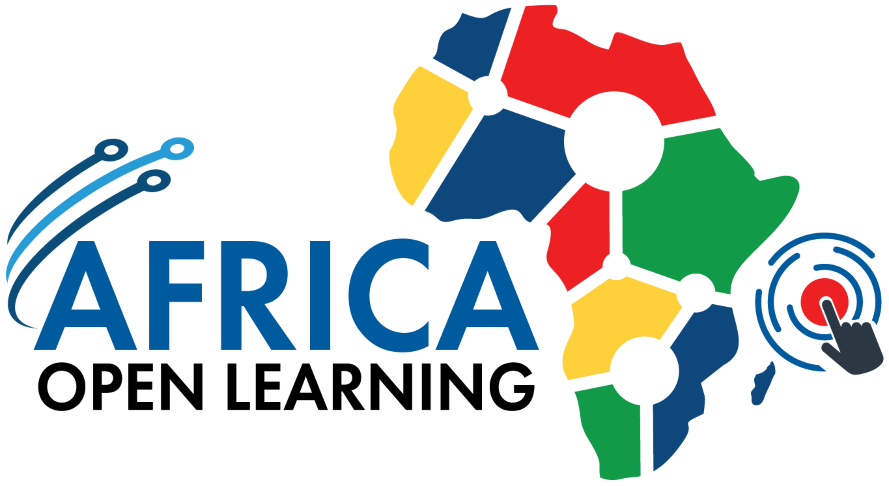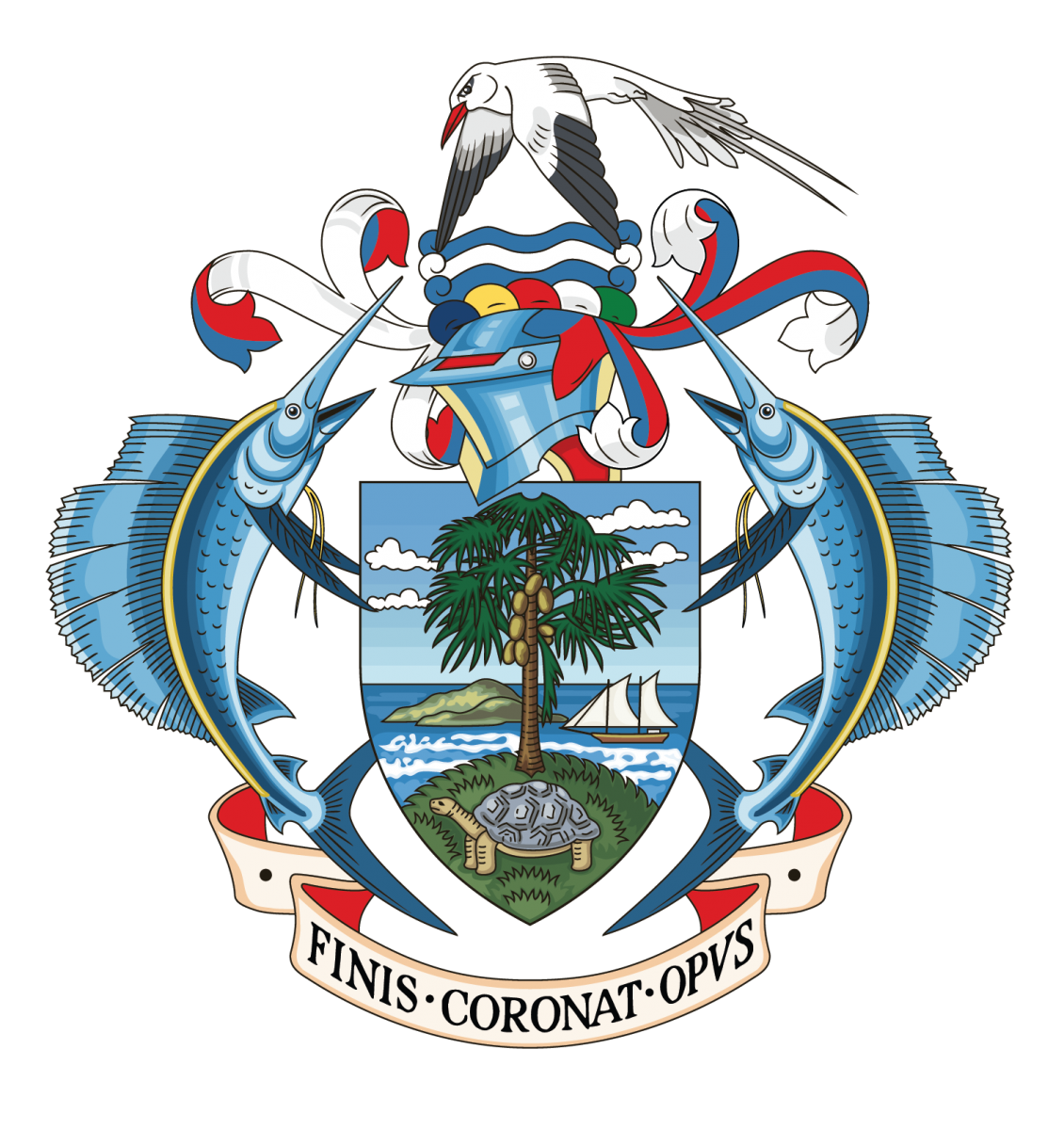Flexible Learning That Enhances Your Potential
Micro-credential certification in Media Studies KMC2133 (DMC) **
 This programme is designed, delivered, assessed and awarded by SEGi University through the Africa Open Learning Platform.
This programme is designed, delivered, assessed and awarded by SEGi University through the Africa Open Learning Platform.
Age Experience - 18 Years Above
Language Proficiency - Yes
Pre-requisites - No
Note: To enter the Diploma In Mass Communication programme's (Pathway) applicants will need to have the following pre-requisites:
IELTS 5.0
i. A pass in senior high school or its equivalent with a minimum of Grade C (GP 2.00) in any 3 subjects and a credit in English at O level or its equivalent;
OR
ii. A pass in SKM level 3 and pass senior high school with a credit in English
OR
iii Certificate or its equivalent and a credit in English.
OR
iv A Certificate in Media and Communication or its equivalent
- An overview of Media Studies
- What is Media Studies
- The context of media and media studies
- Models of Communication
- What is communication
- Models of Communication
- Reality of the Media
- Thinking about 'reality media'
- Conceptualising reality and realism
- Dominant practices and forms of reality
- Reality, truth, freedom, ethics and responsibility
- Conceptualising Mass Society
- 'Mass society' and the media
- Contexts: mass society, mass media and social change
- Theories of mass society
- Who are 'the masses'
- Media Representation
- Conceptualising and defining representations
- Media professionals and the 'politics' of representation
- Method : Content analysis
- Representations of individuality : stars, personalities, celebrities
- Media Text and meaning
- How do media make meaning?
- Thinking about media as text
- Genre and narrative
- Analytical tools
- Rhetoric
- Semiology
- Media Power
- Conceptualising power
- Media and power
- Ideology
- Discourse, Power and Media
- Producing Media -The Business of Media and Media Production in Global Media
- Investigating media businesses and production
- Political economy of media
- Organisational studies
- What's global about global media?
- The impact of global media
- Producing Audiences : What do media do to people
- Thinking about audiences
- Propaganda and manipulating audiences
- Media effects and moral panics
- From effects to influence
Assignment - 70%
Final Exam - 30%
Upon successful completion of this Micro-credential certification in Media Studies (DMC), students will be able to transfer grades and credits into the following programme(s):
- Diploma in Mass Communication
- Bachelor of Mass Communication (Hons)
Content Marketing Writer, Scriptwriter, Copywriter

